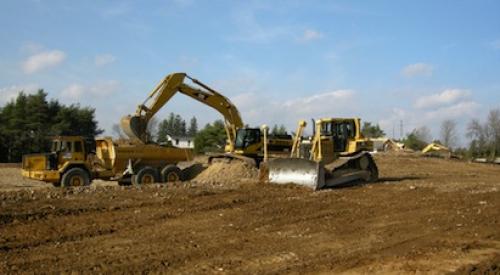The court basically upheld an "implied warranty" which has been established under common law dating back to a 1968 state Supreme Court ruling that says builders have some minimum responsibilities for the quality of new homes that they sell. According to the Texas Association of Builders, a large number of builders ask buyers to sign a waiver as part of their purchase contract.
In a Wall Street Journal article dated Nov. 24 of this year, David Jaffe, a lawyer with the NAHB, said the ruling sets Texas apart from other states which have upheld the waivers if the language is clear and conspicuous, as it was in the Centex contract.
Randall P. Birdwell, president of the Texas Association of Builders and president of Emerald Builders (Houston), stated that builders can be at a huge disadvantage under implied warranties. He pointed to circumstances when the second or third owner makes a claim under an implied warranty over damage caused by previous owners.
The lawsuit was filed by a group of four homeowners who alleged that Centex violated the state’s deceptive trade practices law. They brought suit after their homes, built in 1996 and 1997, developed foundation damage that was not covered after the first year by Centex limited warranties, offered through Residential Warranty Corp., Harrisburg, Pa.
Chief Justice Phil Hardberger wrote in his decision that a minimal standard of home building "cannot be contracted away by requiring the homeowner to sign a contract in which the homeowner is in an inferior bargaining position." This is the first published appeals court decision on the issue and can be used as guidance to other Texas courts unless it is eventually overturned. Brian Woram, general counsel for Centex Homes, said that the company will probably file an appeal with the state Supreme Court.












